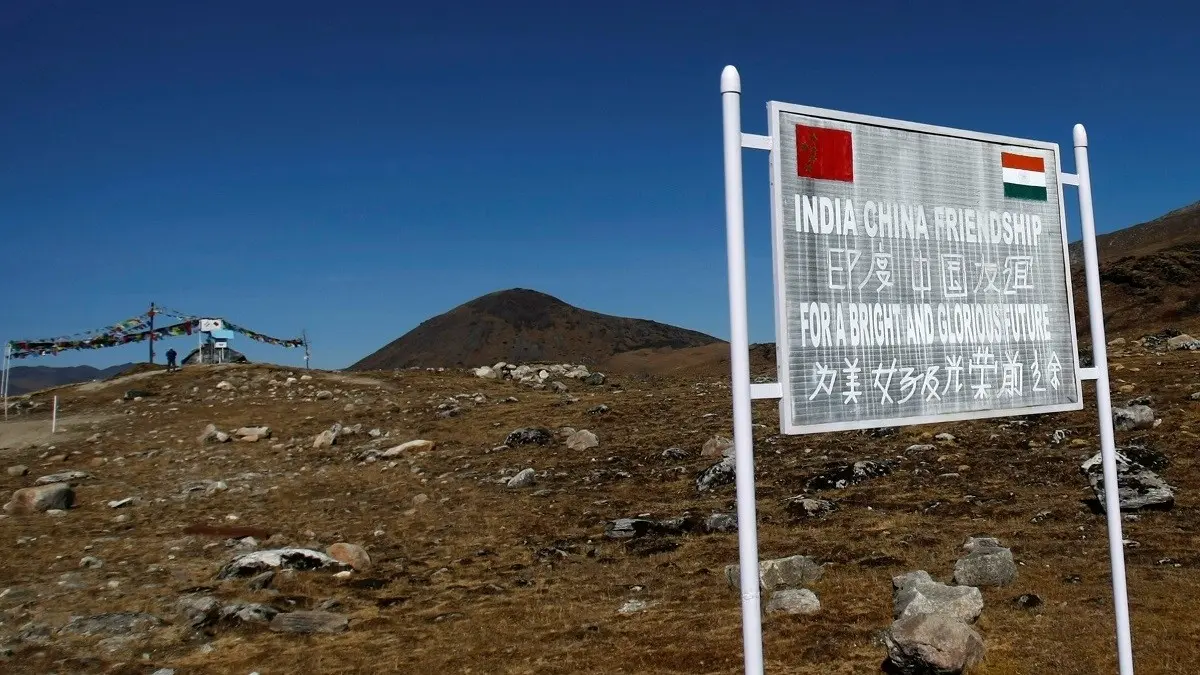Former Chinese Premier Li Keqiang, once considered a reform-minded bureaucrat and a potential future leader of the country, passed away at the age of 68. He suffered a heart attack on Thursday and succumbed to it just after midnight in Shanghai, according to the state-run news agency Xinhua.
During his ten-year tenure as premier under President Xi Jinping, Li was known for projecting a more modern image as a Communist Party loyalist compared to some of his more rigid colleagues. He was a career bureaucrat who spoke fluent English and voiced support for economic reforms during his time in office.
Li’s background included being the son of a minor party official in China’s Anhui province, where he had been sent to work as a manual laborer during the tumultuous Cultural Revolution of 1966 to 1976. He later earned a law degree from Peking University, where he studied Western and liberal political theory and even translated a book on law by a British judge.
However, his stance became more orthodox after joining the ranks of the Communist Party in the mid-1980s. While his former classmates protested in Tiananmen Square in 1989, Li rose to become the top official in Henan and Liaoning provinces, both of which experienced economic growth.
Yet, his reputation suffered due to his handling of an HIV/AIDS epidemic stemming from a tainted blood donation program during his tenure as party boss in Henan. Local authorities responded with a clampdown on activists and media, and various health scandals occurred at the national level.
Li later became a deputy to then-Premier Wen Jiabao, but his efforts to address China’s economic challenges were constrained by the overriding authority of President Xi, with whom he was once viewed as a rival for leadership.
His time in office marked a significant shift in China’s political landscape, from the consensus-based rule under former leader Hu Jintao to the concentrated power wielded by Xi.
Li’s tenure also coincided with China’s economic slowdown from the rapid growth experienced in the 1990s and 2000s. Despite challenges, he was praised for steering the country through the global financial crisis relatively unscathed.
When he left office, China faced some of its lowest economic growth in decades, impacted by the COVID-19 pandemic and a housing market crisis. The appointment of Li Qiang, an ally of Xi, as his successor this year indicated a shift away from Li’s reformist agenda as Beijing tightened control over its slowing economy.
In his final speech as outgoing premier, Li expressed optimism about China’s economic recovery, stating that the country’s economy was on a path of steady recovery and exhibited substantial potential for further growth.



